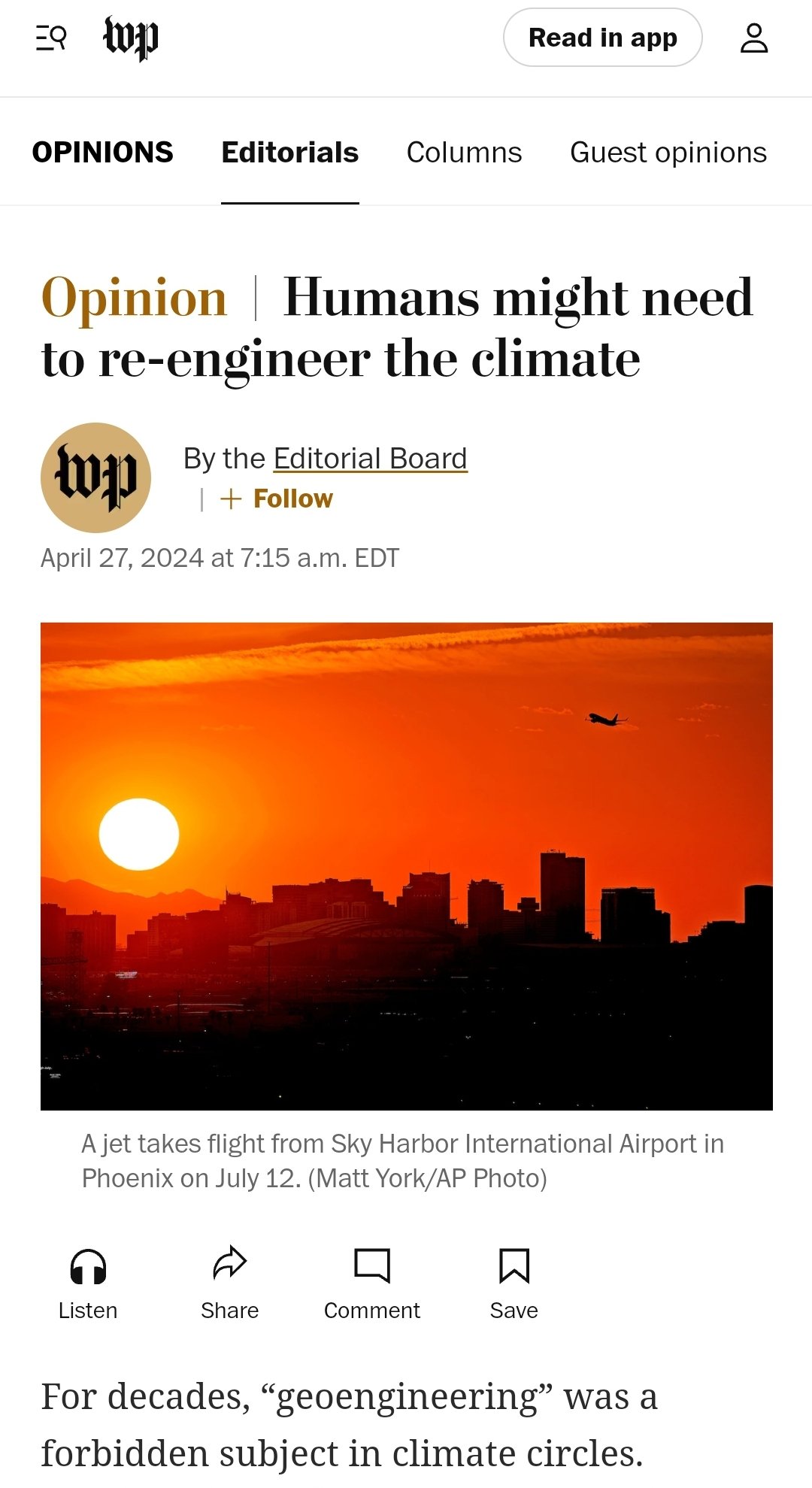Rupert Darwall: The Climate-Change Circus
http://www.thegwpf.org/rupert-darwall-climate-change-circus/
The IPCC’s fifth assessment report is another politico-scientific document.
by Josh
For the first time, an assessment report of the Intergovernmental Panel on Climate Change (IPCC) will be widely judged more for what it says about the IPCC than for what it says about the climate. Its 2007 predecessor bombed during the 2009 Copenhagen climate conference as a number of errors came to light. “The mistakes all appear to have gone in the direction of making it seem like climate change is more serious by overstating the impact,” Bob Watson, a former IPCC chairman, conceded. “That is worrying.”
The IPCC fifth assessment report is being published in the run-up to the Paris climate conference in 2015, when the governments of the world are meant to do what they signally failed to do at Copenhagen: agree. Advertised as summaries of scientific knowledge, IPCC reports — note that the “I” stands for “intergovernmental” — are subject to review by governments and by scientists, many of them employed by governments, making the reports politico-scientific documents.
Their function is to serve as canonical texts for global-warming orthodoxy, providing an updated climate-change catechism for its followers. Writing in the Times of London last week, the current chief scientific adviser to the British government and his three predecessors stated that the IPCC will present “even greater confidence” that the climate is warming as a result of human activities. Only, as the rest of the world knows, observed temperatures haven’t risen for at least a decade and a half.
Climate scientist Judith Curry of Georgia Tech has described the IPCC’s position as “incomprehensible.” The IPCC has increased its confidence in attributing the cause of global warming to greenhouse gases when there has been less warming and more greenhouse gases. Yet the IPCC is downgrading its confidence in some of the findings that purportedly support its overall judgment on the causes of climate change.
In a way similar to that in which medieval astronomers rationalized planets’ being in the “wrong” position as they orbited the Earth, it can be argued that global warming has continued but that its effect has been temporarily offset by natural variability. There might well be something to this. The problem for the IPCC in using this argument is that it has consistently downplayed the role of natural variability, as MIT’s Richard Lindzen has pointed out. Indeed, British climate scientist Hubert Lamb, writing in 1982 before climate science became deeply politicized, wrote that it is impossible to define a range of natural variation of climate, since study of the longer-term climate record showed that the range of variation is itself subject to variation. […]
As if hedging its bets, the IPCC is expected to affirm a wider band of temperature rise from a doubling of carbon dioxide than was given in the fourth assessment report. According to Nature, the expected band of 1.5 to 4.5oC is exactly what it was in the IPCC’s first assessment report produced in 1990. If so, it is a telling illustration of the circular advance in climate science under the IPCC’s auspices over the past two decades.
Still more problematic for the IPCC is the growing divergence between computer-model forecasts of what temperatures would do and what has actually happened. Canadian economist Ross McKitrick, whose analysis helped dethrone the iconic “hockey stick” — the centerpiece of the 2001 third assessment report — has noted that the amount of carbon dioxide in the atmosphere has risen by 12 percent since 1990. In response to this increase, the climate models predicted that temperatures should have risen by about 0.2 to 0.9oC compared with the 0.1oC that was actually measured.
The commonsense reaction to this should be that it is not the climate that needs fixing but the climate models. And some humility from climate scientists might not come amiss. The certainties in which they express themselves have instead been shown by the evidence of nature to be only expressions of how little they know.
Full comment
Sent by gReader Pro




